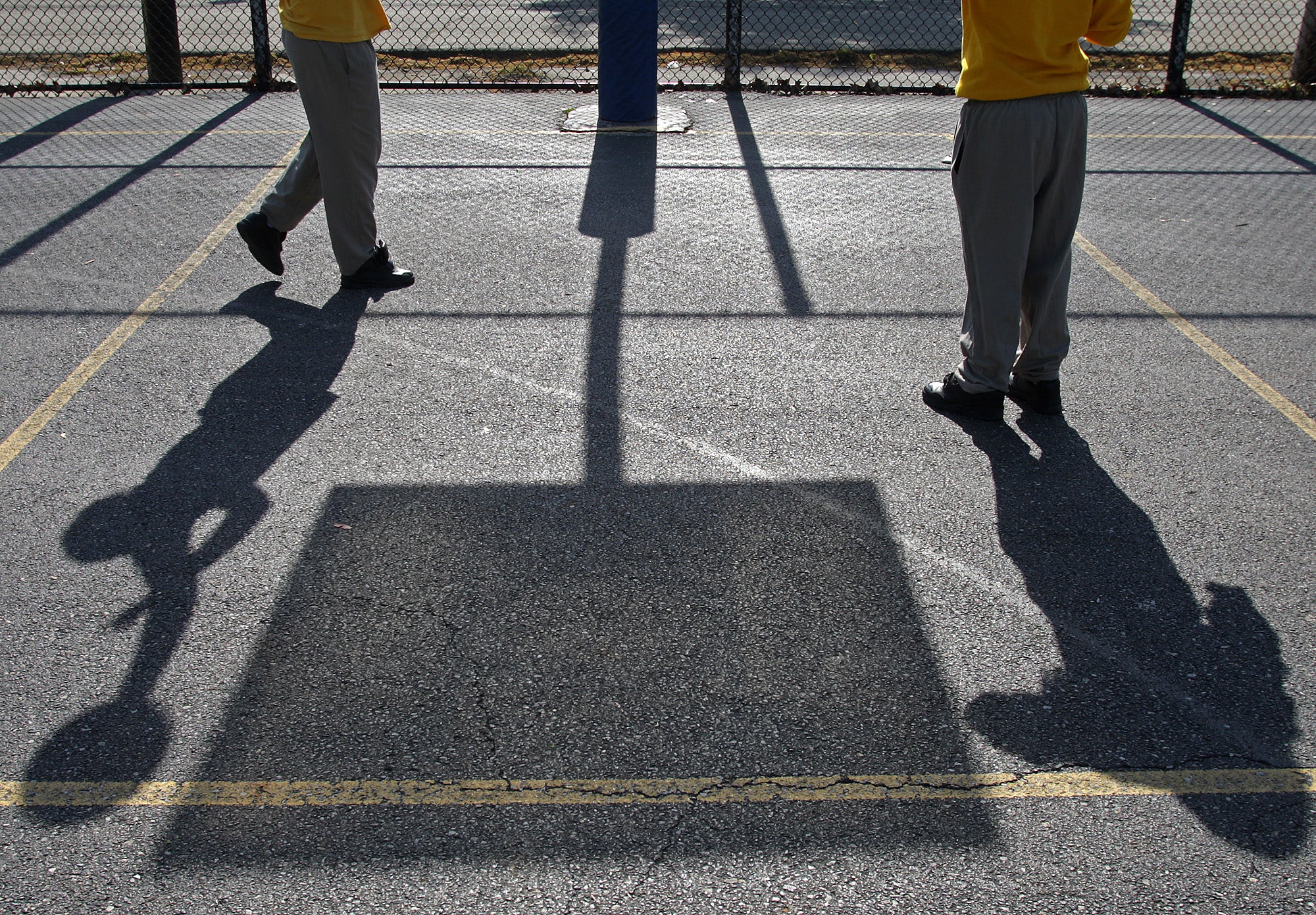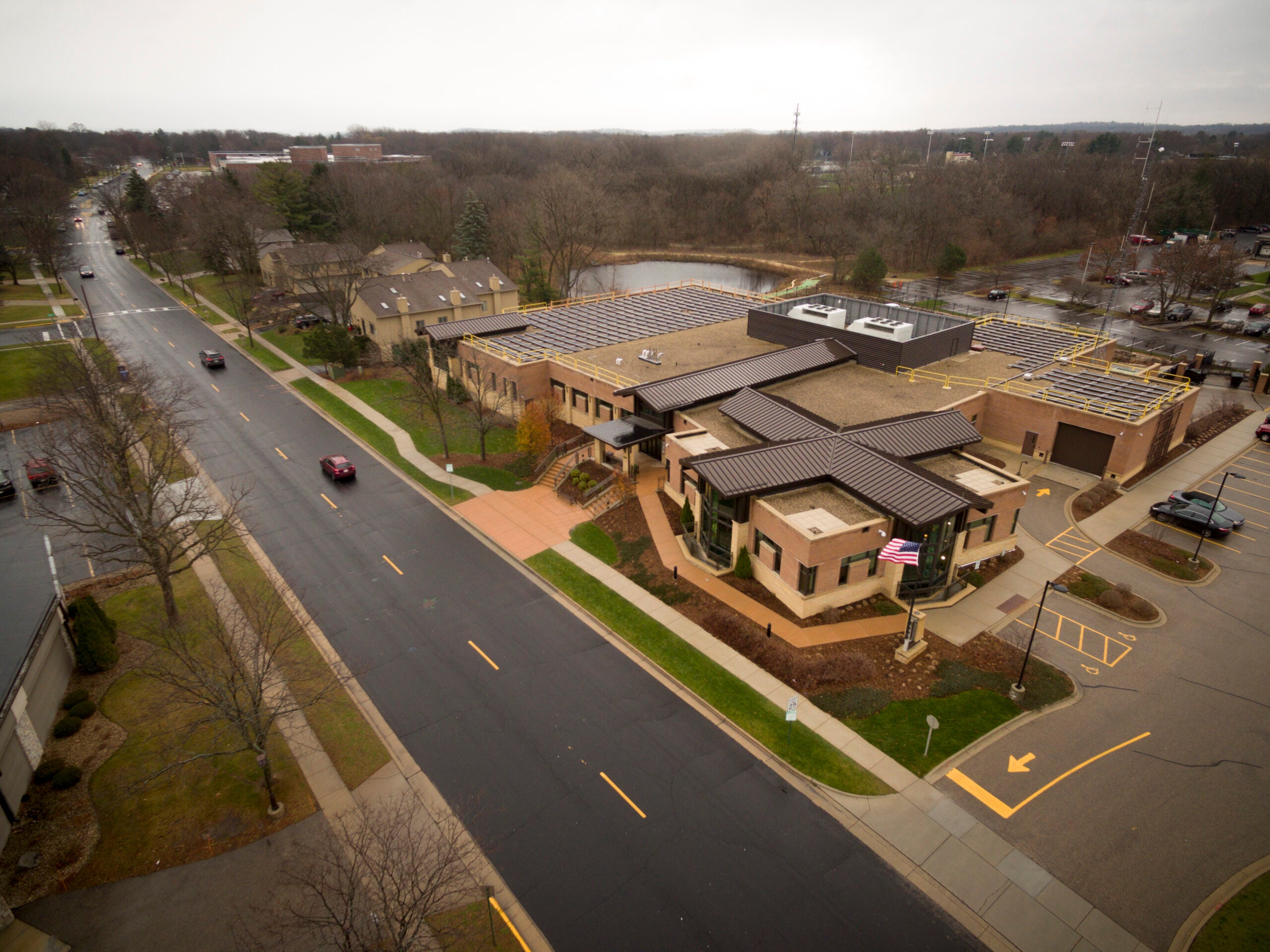For the last two years, Wisconsin has been unable to tap into more than $2.1 million in unspent federal grants dating back to 2011 for juvenile justice programs.
Federal justice officials froze grant funding during its most recent audit, which concluded the state didn’t have an adequate system for monitoring facilities where juveniles are held. The state is still waiting to hear whether that funding will be restored.
In December, Wisconsin Deputy Attorney General Paul Connell issued a letter to the U.S. Department of Justice requesting frozen grant funds from 2011 to 2015 be restored.
Stay informed on the latest news
Sign up for WPR’s email newsletter.
Federal officials informed the state in 2014 it would be conducting an audit of whether the Wisconsin Department of Justice was complying with requirements to receive federal funds under a Juvenile Justice and Delinquency Prevention Act program. A 2015 audit concluded the state’s oversight of jails, juvenile detention centers, mental health centers, police departments and other facilities was lacking. Part of meeting federal compliance included defining which facilities should be monitored and inspected.
“Specifically with respect to detention facilities at police departments (lock ups), Wisconsin did not believe those type facilities were required to be included in the monitoring universe, and as such did not inspect them as required,” the audit states.
The state has been addressing compliance issues with the Office of Juvenile Justice and Delinquency Prevention since they were notified of the audit in 2014, said Jim Moeser, deputy director with the Wisconsin Council on Children and Families and chair of the Governor’s Juvenile Justice Commission.
“Was there some responsibility on the part of the state that we probably didn’t monitor things as adequately as we should? Yes. But, is it as bad as suggesting that we’re way out of compliance or not doing good work? I wouldn’t say that,” Moeser said.
In an August 2016 letter, the U.S. DOJ said the state didn’t have an adequate system for identifying and classifying facilities for inspections from 2009 to 2015.
“To address the concerns noted and improve the state’s current compliance monitoring system, OJJDP made 13 recommendations to the state … Based on OJJDP’s review of documentation submitted by the state, OJJDP considers all recommendations closed,” the letter reads.
Rebecca Ballweg with the Wisconsin DOJ responded in an email to Wisconsin Public Radio and said the state is now in compliance with the program’s federal requirements and eligible to receive future funding.
Ballweg also cited failures on behalf of prior employees and the federal government to administer the program.
“Prior to 2009, a Wisconsin state employee who helped administer the JJDPA program in Wisconsin provided false information to the federal government,” Ballweg wrote. “Also, from 2001 to 2014, the federal OJJDP office tasked with administering the JJDPA program nationwide failed to meet their own standards for administering the program, which was brought to light by several federal whistleblowers.”
The federal OJJDP office has faced scrutiny and congressional hearings after federal employees alleged the program awarded grants to states that violated federal requirements. Those requirements include ensuring juveniles don’t have contact with incarcerated adults.
The now-defunct state Office of Justice Assistance oversaw the state’s JJDPA program from 2001 to 2013, Ballweg said. Moeser noted the state Office of Justice Assistance was transitioning to the state DOJ around the time of the audit.
“There were some things missed in that time period that probably would have been helpful,” Moeser said. “There was lack of staff that were actually transferred over when the Office of Justice Assistance was closed. There was not sufficient staffing to do the compliance work that was needed.”
Communication between Wisconsin and federal officials has been strained by different interpretations of federal requirements and lacking responses to questions surrounding the program, Moeser said. Such confusion dates back to at least January 2012, according to Connell’s letter to the U.S. DOJ.
Moeser said the state hasn’t received any of the unspent seed money since 2014 that’s been awarded for innovative programs to help kids despite meeting the federal thresholds.
“We don’t have any money to give out in grants around juvenile justice to do the kind of creative stuff that counties were doing, and that’ll be a problem,” he said.
Wisconsin has used JJDPA grants to reduce disparities for youth of color in the justice system, provide officer training and address truancy issues.
“Even though the amount of dollars overall has been relatively small, the ability to change practice and move systems to do more effective work has been pretty significant and has been some of the only flexible money the counties have been able to use creatively to do different things that have turned out to be really successful,” Moeser said. “The dollar amount is small, but the impact has been pretty significant.”
James Goodwin, public affairs specialist within the Office of Justice Programs at the U.S. DOJ, said in an emailed statement that the Office of Juvenile Justice and Delinquency Prevention carries out routine reviews of the states’ compliance with the program to receive federal grants.
“The matter of eligibility for and release of prior year funding has been under review by the Department following close-out of the audit, and discussions are ongoing with the Wisconsin Department of Justice,” Goodwin wrote.
Wisconsin Public Radio, © Copyright 2024, Board of Regents of the University of Wisconsin System and Wisconsin Educational Communications Board.



